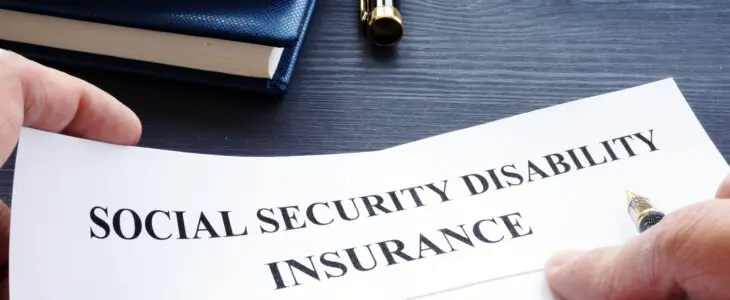
The Role of Medical Evidence in Overturning SSDI Denials in CT
Applying for Social Security Disability Insurance (SSDI) can be a time-consuming and challenging process, particularly if your initial claim is denied. In Connecticut, many applicants find their claims denied due to providing insufficient medical evidence to prove their disability meets the eligibility requirements.
When applying for SSDI...

Legal Malpractice 101
Legal malpractice occurs when an attorney provides legal services or representation that fails to comply with the applicable standard of care in the client’s case. Legal malpractice can take several forms, including breach of contract (fee agreement), negligent representation, breach of fiduciary duties, or violation of the rules of professional conduct governing...

How Expensive Is it to Hire a Car Accident Attorney?
Hiring a car accident attorney can feel like a big step, especially when you're unsure about the cost. After an accident, you may already be dealing with medical bills, car repairs, and time away from work, making the thought of legal expenses seem overwhelming. The good news is that working with an...

What You Need to Know About Slip and Fall Accidents on Ice and Snow
Winters in Connecticut bring icy sidewalks, snowy parking lots, and slippery driveways. While these conditions are a part of the season, they can also lead to serious injuries from slip and fall accidents. A single misstep on untreated ice or snow can leave you with pain, medical bills, and time away from...

Common Injuries in Motorcycle Accidents
Riding a motorcycle offers a sense of freedom and connection to the road that few other experiences can match. However, this freedom comes with risks. Motorcyclists are more exposed than other drivers, which often means injuries from an accident can be serious. Whether it’s a head injury from a sudden impact, a...

Dog Bite Statistics by Breed
Dogs bring joy to countless families, but even the friendliest canine can react aggressively under certain conditions. A bite can happen unexpectedly, leaving victims with physical injuries and emotional distress. These incidents serve as a reminder of the responsibility that comes with dog ownership and the importance of staying cautious around unfamiliar...

Sometimes the Holiday Season is ruined by a car accident: Luckily, the car accident attorneys at Stanfield Bechtel Law are here to help!
Happy Holidays from Stanfield Bechtel Law, your Connecticut car accident attorneys. During this Holiday Season people are filled with joy and excitement. We go out shopping, travel to spend time with family and friends, or simply drive around looking at all of the wonderful Holiday decorations around town. Unfortunately, with this increased...

What is Professional Malpractice?
If you have been harmed because of a professional’s mistake or oversight and you would like to take legal action to claim damages, you might be wondering whether you were a victim of malpractice. Understanding when malpractice has occurred can be difficult. Working with an experienced law firm will help you...

My Lawyer Did Not Properly Communicate With Me
Clients expect to have routine and informative conversations with their attorneys about the status of their cases, when documents are ready to sign, problems and issues that need to be addressed, and more. Reasonable attorney communication is a cornerstone of the Connecticut Rules of Professional Conduct, the ethical regulations that govern the...

My Lawyer Gave Me Bad Advice on a Business Deal, What Can I Do?
Anyone who owns a business trusts their attorney to give them solid legal counsel before proceeding with a deal. But the advice may end up being bad, resulting in disadvantageous terms, lost profits, and even unexpected liability. The law does not require lawyers to be perfect or to never give advice that...